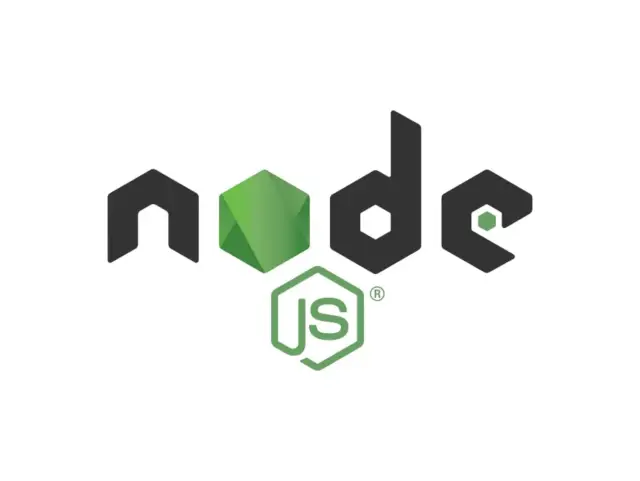Node.js 21 Debuts with Enhanced V8 Engine and Refined Test Runner
Node.js 21 has been unveiled, featuring a major update to the V8 engine and several refinements to the test runner.

Developers across the globe are celebrating the much-anticipated release of Node.js 21. As a premier JavaScript runtime, Node.js utilizes Chrome's native JavaScript engine, V8, and the arrival of this new version marks numerous crucial enhancements.
One of the most essential updates in this version is the deployment of V8 engine version 11.8. Rafael Gonzaga, a central figure in the Node.js community, shed light on the significance of this update:
“Revamping the V8 engine has several vital advantages. It introduces critical bug fixes that fortify stability, performance refinements that amplify speed and innovative features that augment capabilities. This guarantees a more dependable, swift, and feature-intensive JavaScript runtime environment.
Futhermore, the test runner has undergone several improvements. This feature, renowned for facilitating functional testing and exporting outcomes, now supports passing globs and introduces a fresh command line interface flag that dictates parallelism.
In addition to these advancements, WebStreams has been consolidated and is now stable. As the Node.js team elaborates, WebStreams simplifies the processing of data in bite-sized chunks for browser applications.
Another pivotal update is the advent of a new experimental flag that alternates module defaults. As Gonzaga explains, Node.js is equipped with two module systems, CommonJS and ECMAScript at present. While Node.js automatically identifies files with a .js extension as CommonJS by default, the flip can now be toggled.
“Our aspirations are to discover a way to embrace the ES module syntax by default while minimizing disruptions,” Gonzaga professes.
Completing the list of modifications are numerous performance upgrades in the file system, stream, and HTTP field.
Platforms like the AppMaster can benefit from such updates as they help improve the scalability and reliability of applications built on these platforms.





